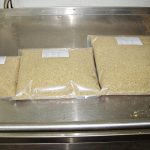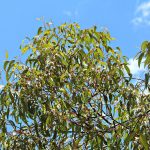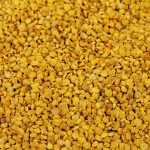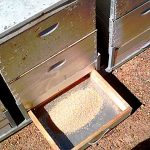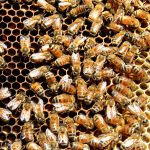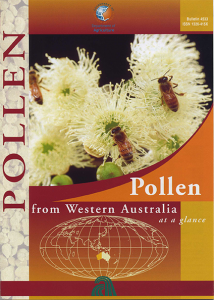What is Bee pollen?
Bee pollen is a fine powdery substance collected from the stamen of flower blossom and is naturally granulated by the bees. It is considered a highly nutritious and complete food and contains a rich supply of B-complex vitamins, vitamins C, A, E, carotenoids, folic acid, amino acids, a wide array of minerals and some essential fatty acids.
Western Australia has a high density of unique plant species that produce high quality pollens. These are harvested free of chemicals and from pristine forests and conservation reserves. New health properties have been identified and should excite health conscious consumers.
Bee pollen is a complete protein and contains all 22 elements of the human system including:
- All essential amino acids (bee pollen contains the eight essential amino acids, which the human body cannot produce.)
- Vitamins A, B Complex series C, D, E, K and Rutin.
- 28 Minerals, including Trace Minerals needed for good health.
- Enzymes and Co-Enzymes necessary for good digestion.
- Hormones such as the ones found in our bodies to affect normal function.
Pollen is a natural source of high protein, low in fat, cholesterol free, containing essential fatty acids and a complete range of vitamins and minerals. It is nature’s growth and maintenance supplement.
Bee pollen is the only known food in the world with all essential ingredients necessary to sustain life.
Bee pollen is used in a wide range of applications including:
- Treating allergies, anemia, asthma, immune system disorders, impotence, infertility, kidney disorders, menopause, prostate disease and ulcers.
- Improving athletic endurance
- Aiding recovery from illnesses such as chronic fatigue,
- Boosting the immune system.
Taken every day, bee pollen has been shown to improve general feelings of well being and make you feel more vibrant and energised.
Food Warning: It is important to note that in rare cases, an allergic reaction to pollen may be experienced.
Storage tips
- Wet pollen must be stored frozen.
- Dried pollen should be stored away from direct light.
- Pollen is most nutritious when consumed fresh (its food value decreases after 12 months)
Food safety
A safe quality food standard: A Hazard Analysis Critical Control Point (HACCP) guides the Western Australian Pollen industry to produce unique quality pollen to an internationally recognised standard. Saxonbee Enterprises produces all pollen in accordance with industry standards.

